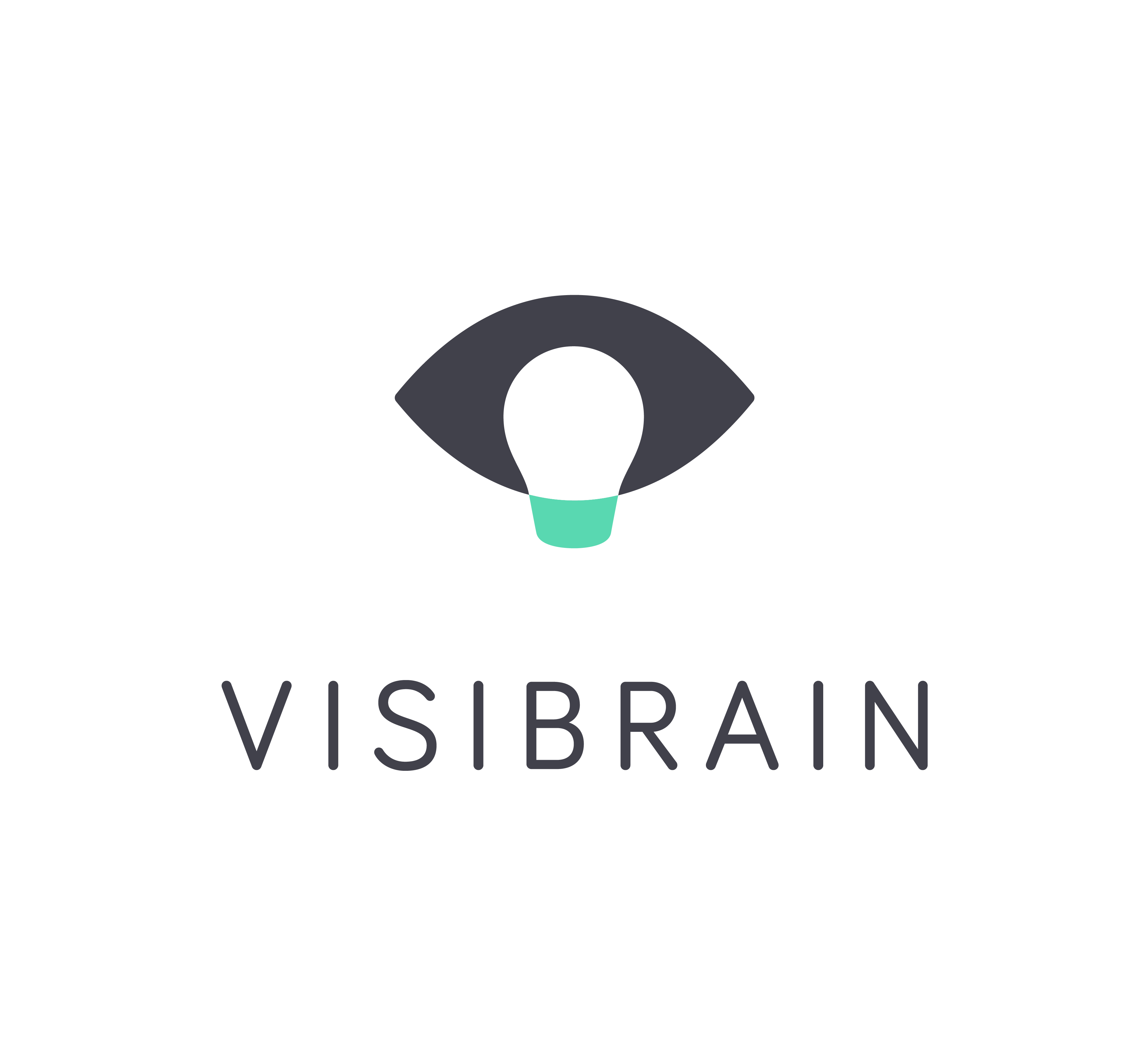Respecting people's data as currency and putting its management in the hands of consumers is threatening to tracking, behavioral targeting, marketing and advertising companies, who base their traditional food chains on tracking and purchasing users' data for the online advertising industry.
Personal information enables pinpointing on personal context, which in turn spells relevant, and translates to targeted offerings and ads. The interests of providers and consumers are not that contradictory. Whereas providers look at me, the consumer, and want ROI =return on their investment for targeting me with relevant offers, I am looking at ROA=return on attention, and may be open to what, in my context, interests me.
With the shifts in internet marketing, these interests will have to evolve. We consumers are changing and so should marketing discourse. We are moving to pull-based models, we own conversations and change loyalties by a simple click away. Providers and advertisers are welcome to directly ask and get our cooperation and responses.
From an i-centered point of view - reversing the paradigm is natural. My data, my context are mine. I own it and I am the only one who can proactively manage my privacy and sharing. The economics of my context - contextonomics is a currency, yet no one has the right, unsolicited, to infiltrate my spheres, monitor my actions and patterns and hover around, manipulating my data.
A Wall street Journal article describes several start-up initiatives that start catering for user centered needs and empower active trading of personal data by users.
There are two sides to this coin. On the one hand, companies like Myid, Intelliprotect, Abine, that block online tracking, together with privacy groups and federated identity initiatives, represent the user-side privacy protection and give privacy management services to prevent companies from viewing results of tracking data, without direct consumer consent.
On the other side, companies like Personal Inc, i-allow pay people a commission on their consent to share their data with marketers and advertisers.
These companies are pioneering initiatives that cater directly for user-centered data on her behalf. That in itself is a significant move towards a real user-centered marketing paradigm.
Treating data as currency does not end in placing individuals as partners in food chains created around them. Contextualization mechanisms are not ripe yet to allow for context-based transactions that exceed observation of raw data.
Once user-side contextualization matures, it can evolve to serve as alternative currency in the struggle over a user's' attention.
In a long-tail data-based economy, attention bartering can be translated to different food chains on digital content consumption platforms. E.g, select personalized commercial targeting for the same content item by incorporating a variety of aggregation and distribution channels with different value adding chains and financial reconciliation mechanisms. It empowers new mechanisms of exchange, new kinds of aggregators. A converged unified TVIP based, social media 2.0 environment allows for diversified food chains around the same content items. To name a few:
- A pay-per-view viewership of a sports match with additional prior matches of the player who scored highest or the winning team for different bundling with targeted ads and related commercial offerings for different price options.
- A choice of a pay per view movie, leading to additional movie offerings with the same actors/director, combined with all sorts of monitory or context + ad or merchandising bundling.
- Aggregators and providers will have banks of advertising, ads will be pulled and the advertiser rewarded for each ad sent in a pull model to a viewer.
- Users can allow companies use their profiles or data for market research, targeting and get rewarded directly as part of the food chain created around them by content offerings, digital coupons, merit points.....






